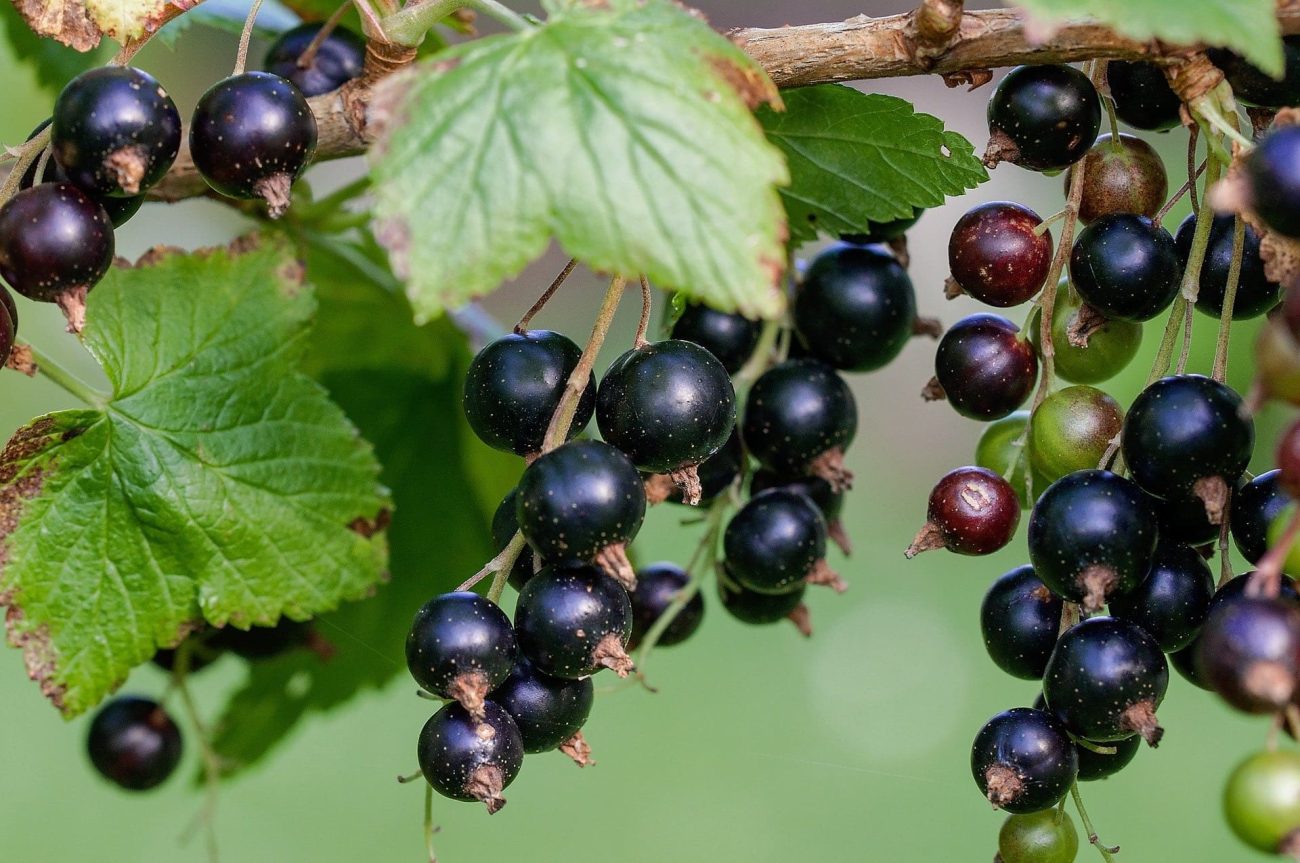Is blackcurrant good for kidneys?
Is blackcurrant good for kidneys?
The Beneficial Effects of Blackcurrant on Kidney Health
Introduction
Blackcurrants are small, dark berries known for their tangy flavor and numerous health benefits. Beyond their rich nutritional profile, blackcurrants have gained attention for their potential positive impact on kidney health. This article explores the scientific evidence surrounding blackcurrant consumption and its potential benefits for kidney function.
Blackcurrant Seed Oil
Understanding Kidney Health
The kidneys play a vital role in filtering waste products from the blood and maintaining fluid balance in the body. However, several factors such as poor diet, dehydration, and certain medical conditions can impair kidney function. Promoting kidney health is essential to prevent the development of kidney diseases and maintain overall well-being.
Blackcurrants and Antioxidants
Blackcurrants are packed with antioxidants, which are compounds that help protect cells from damage caused by harmful molecules called free radicals. Research suggests that the antioxidants found in blackcurrants, such as anthocyanins and vitamin C, may contribute to kidney health by reducing oxidative stress and inflammation in the kidneys.
Oxidative Stress and Kidney Health
Oxidative stress occurs when there is an imbalance between free radicals and the body’s antioxidant defenses. Prolonged oxidative stress can lead to cellular damage and contribute to the development and progression of kidney diseases. Studies have indicated that the antioxidants in blackcurrants may help combat oxidative stress, potentially protecting the kidneys from damage.
Anti-inflammatory Properties
Inflammation is a key player in various kidney diseases. Chronic inflammation can impair kidney function and lead to the development of kidney disorders. Blackcurrants possess anti-inflammatory properties, mainly attributed to their high content of anthocyanins and other bioactive compounds. These compounds have been shown to inhibit inflammatory pathways, potentially reducing inflammation in the kidneys.
Blood Pressure Regulation
High blood pressure, or hypertension, is a major risk factor for kidney disease. Research suggests that blackcurrants may help regulate blood pressure due to their natural vasodilatory effects. Vasodilation relaxes and widens blood vessels, resulting in improved blood flow and reduced strain on the kidneys. By supporting healthy blood pressure levels, blackcurrants may indirectly contribute to kidney health.
Urinary Tract Infections
Urinary tract infections (UTIs) can lead to kidney infections if left untreated. Blackcurrants contain natural compounds with antimicrobial properties, which may help prevent the growth of bacteria responsible for UTIs. Regular consumption of blackcurrants, along with maintaining proper hygiene and hydration, may aid in reducing the risk of UTIs and subsequent kidney complications.
The Kidney-Friendly Benefits of Blackcurrant: A Superfood for Renal Health
Blackcurrants, with their rich color and distinct flavor, have been gaining attention not only for their delicious taste but also for their potential health benefits. Among these benefits, blackcurrants have been linked to supporting kidney health, making them a valuable addition to a renal-friendly diet.
Understanding Blackcurrant’s Impact on Kidneys
Research suggests that blackcurrants contain antioxidants and anti-inflammatory compounds, which may help protect the kidneys from oxidative stress and inflammation, key factors in the development and progression of kidney disease. Additionally, the high levels of vitamin C in blackcurrants can support overall immune function, important for individuals managing kidney conditions.
Nutritional Support for Renal Health
Blackcurrants are low in potassium and phosphorus, two minerals that individuals with kidney issues often need to limit in their diets. This makes blackcurrants a suitable fruit choice for those following a renal diet, providing essential nutrients without overloading the kidneys with excess minerals.
Incorporating Blackcurrants into a Kidney-Friendly Diet
Adding blackcurrants to your diet can be simple and delicious. Whether enjoyed fresh, frozen, or in juice form, blackcurrants can be included in smoothies, yogurt, salads, or enjoyed as a standalone snack. Their tangy flavor adds a refreshing twist to various dishes, making them a versatile ingredient in renal-friendly recipes.
Conclusion
While further research is needed to establish a direct causal relationship, current scientific evidence suggests that blackcurrants can offer potential benefits for kidney health. Their antioxidant and anti-inflammatory properties, along with their potential to regulate blood pressure and prevent urinary tract infections, make blackcurrants a valuable addition to a kidney-friendly diet.
Incorporating blackcurrants into a balanced diet may offer valuable support for kidney health, thanks to their antioxidant-rich composition and low levels of potassium and phosphorus. As part of an overall renal-friendly lifestyle, blackcurrants can be a tasty and nutritious addition to support kidney function and overall well-being.
- Blackcurrant benefits for kidneys
- Can blackcurrants improve kidney health?
- How do blackcurrants protect kidneys?
- The Role of Antioxidants in Kidney Health
- Blackcurrants and inflammation in kidneys
- Blood pressure regulation and blackcurrants
- Blackcurrants for urinary tract infection prevention
- Renal diet and blackcurrants
- Benefits of blackcurrants for kidney health
- Blackcurrants and kidney disease management
- Renal-friendly recipes with blackcurrants
[Sassy_Social_Share]





